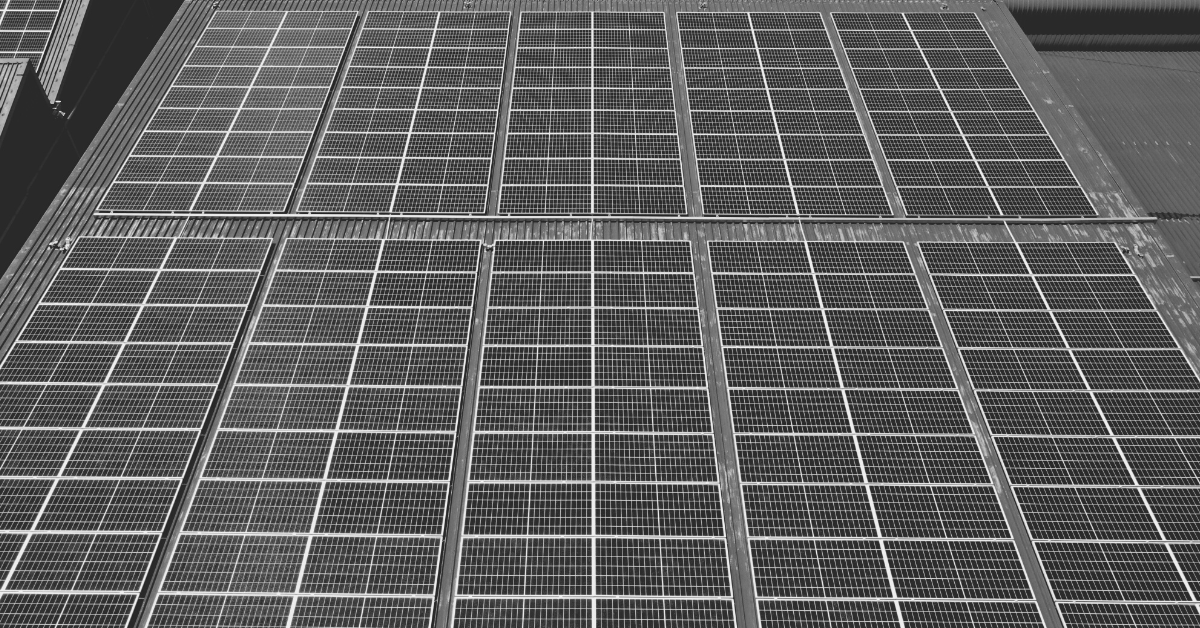Rooftop Solar for Business
As the devastating effects of CO2 pollution become impossible to ignore and the costs of traditional, non-renewable energy sources are taking their toll on business owners, rooftop solar provides a great opportunity to cut costs while contributing to a greener planet.
Givaudan, 319 kWp Rooftop Solar, Johannesburg, South Africa
Key Considerations for Business
Before making the executive decision to switch over to rooftop solar for your business, there are some factors to consider. Ensuring that the roof is well-suited for solar panel installations is a crucial first step
Rooftop Type
Solar roof-mounts can be installed on a wide array of roofs whether tilted (sloped) or flat, however, the designs to accommodate each vary significantly. It is important to bring in a team of experts to assess the roof ahead of making any commitments.
Rooftop Size
The size of the rooftop can limit the generation capacity of the business’s solar power system. A large area does not necessarily mean a greater capacity as other factors such as shading and the direction in which the roof faces can render parts of it unusable.
Surrounding Environment
A main factor in optimising a roof-mounted solar energy system is taking into account the surrounding environment. The amount of shade the roof receives may be something that you have no control over (such as tall buildings that block out the sun for extended periods of time). If trees create shade, it is important to consider the costs and aesthetic impact of having the infringing trees removed.
Business Energy Usage
Depending on the generation capacity required from the solar installation, you will need to calculate whether the roof has enough space to fulfill the business’s demand. If the space does not match demand requirements, it is important to determine how the limited generation capacity will be supplemented.
Usage Rights
Unless the business owns the property, the business will have to obtain permission to use the roof for the solar energy installation. This may take time and necessitate the drafting of a good proposal to the owner, often with some negotiation at play regarding the distribution of costs.
Roof Mounting Structure Required
There are a variety of roof-mounts that can be utilised to install solar panels on the business rooftop. The choice of roof-mount will depend on the roof sheeting type and the weight capacity that it can sustain. It is always advisable to follow a professional opinion on the type of roof-mount that will be used to implement rooftop solar solutions. In some cases a reconfiguration or renovation of the roof may be required to install the correct mount.
The Tribune, 182 kWp Rooftop Solar, Chandigarh, India
Which Mounting Structure Should My Business Install?
Rooftop solar can be installed on a variety of rooftops, which makes it a common solution for most business owners’ renewable energy requirements. While the solar energy is converted by the solar panels, the roof-mounts play the biggest role in the configuration of the installation.
Mounting Structures For Sloped Roofs
Most sloped roofs make use of railed, railless, or shared rail systems, with non-penetrative options becoming increasingly popular.
Rail systems require rails to be fixed to the roof with screws and bolts. This may mean modifications must be made to the roof. Rail-less systems bypass the need for solar panel rails and fix the solar panel with screws and bolts directly onto existing systems. Shared rail systems are a variation on the rail system where two sets of panels share a common middle rail. There are a variety of pros and cons for both rail and rail-less PV mounting systems.
Non-penetrative systems can often get around the problem of replacing or modifying the roof and cut down on installation time, but require a strong underlying structure to make it viable.
Tente, 200 kWp Rooftop Solar, Johannesburg, South Africa
Mounting Structure For Flat Surface Roofs
Roof-mounts are often ballasted and fixed to flat roofs. The load capacity of these roofs may, however, require penetration into the underlying structure to stabilise the mounting system. These roofs do offer more versatility, though, as it opens up the possibility of mounting systems that can be dynamically tilted to capture more sunlight depending on the time of day and year.
While rooftop solar is often an obvious choice when looking to upgrade to a solar system, it is evident that there are many factors that merit careful consideration. If you have questions as to what will be the best match for your business, candi solar can advise you and help you assess your options




